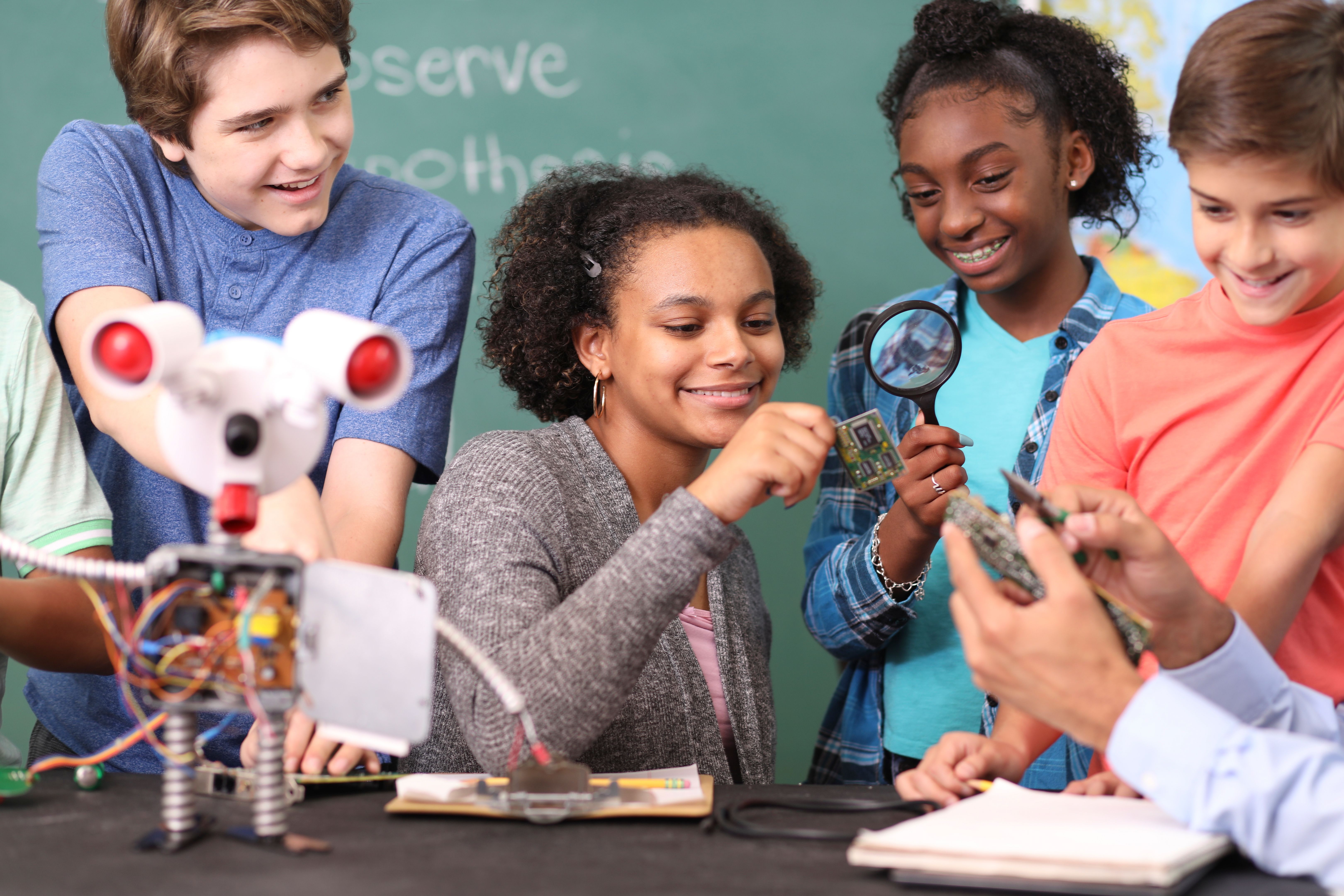Empowering Adult Learners: Exploring Effective Learning Methodologies
JT
Introduction to Adult Learning
Adult learning is a dynamic and evolving field, focusing on empowering individuals to continue their education beyond traditional schooling years. Unlike younger learners, adults bring a wealth of experience and motivation to the learning environment, which can be harnessed to enhance their educational journey. This blog post will explore effective learning methodologies that cater specifically to adult learners, ensuring their success and engagement.
Understanding the unique characteristics of adult learners is critical for developing effective educational strategies. Adults are typically more self-directed, goal-oriented, and practical in their learning approach. They seek knowledge that is directly applicable to their personal or professional lives, making relevance a key factor in their educational engagement.

Principles of Adult Learning
The principles of adult learning, often referred to as andragogy, differ significantly from traditional pedagogy. Malcolm Knowles, a prominent figure in this field, identified several core principles that underpin effective adult learning:
- Self-direction: Adults prefer to take responsibility for their own learning decisions.
- Experience: Adults bring a diverse range of experiences that enrich the learning process.
- Readiness to learn: Adults are motivated to learn when they perceive the relevance of the subject matter.
- Problem-centered learning: Adults tend to focus on problem-solving rather than content memorization.
By incorporating these principles into educational programs, educators can create a more engaging and effective learning environment for adults.
Effective Learning Methodologies
There are several methodologies that can be particularly effective for adult learners. These include experiential learning, collaborative learning, and technology-enhanced learning. Each approach offers unique benefits and can be tailored to meet the diverse needs of adult students.
Experiential learning emphasizes learning through experience and reflection. This method allows adult learners to apply theoretical knowledge to real-world situations, facilitating deeper understanding and retention. Through activities such as simulations, role-playing, and hands-on projects, learners can connect academic concepts with practical application.

Collaborative Learning
Collaborative learning fosters a sense of community and encourages peer-to-peer interaction. This approach leverages the collective knowledge and experience of the group, promoting discussion, critical thinking, and problem-solving. Study groups, online forums, and group projects are common collaborative methods that enhance the learning experience for adults.
Technology-Enhanced Learning
In today's digital world, technology-enhanced learning has become an indispensable tool for adult education. Online courses, webinars, and virtual classrooms offer flexibility and accessibility, allowing learners to study at their own pace and from various locations. Additionally, technology provides access to a wealth of resources and interactive tools that can enrich the learning experience.

Overcoming Challenges in Adult Education
Despite the benefits of these methodologies, adult learners often face unique challenges such as time constraints, balancing work and family commitments, and overcoming previous negative educational experiences. To address these issues, educators should create supportive environments that accommodate these challenges while fostering motivation and persistence.
Providing flexible scheduling options, offering guidance and support services, and recognizing prior learning achievements can significantly enhance the educational experience for adults. By understanding and addressing these challenges, educators can empower adult learners to achieve their educational goals.
Conclusion
Empowering adult learners through effective methodologies is essential for fostering lifelong learning and personal growth. By embracing principles of andragogy and utilizing experiential, collaborative, and technology-enhanced approaches, educators can create dynamic and meaningful learning experiences. As we continue to explore innovative strategies in adult education, we can better support learners in reaching their full potential.
